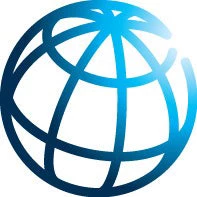For the Middle East and North Africa, the 2010 World Development Indicators support earlier World Bank findings—that a more vibrant private sector is essential to the region’s economic growth and efforts to reduce poverty.
There is significant progress: 17 of the region’s 19 governments made it easier to do business in 2009. Eight economies have reduced minimum capital requirements required to open a business—five have eliminated it altogether. Egypt, Jordan, Morocco, Saudi Arabia, Tunisia, the United Arab Emirates, and Yemen all operate one-stop shops for starting a business.
The region has also seen the biggest reduction in tariffs among developing regions. Where tariffs imposed in 2000 averaged 23 percent, the average tariff on primary products was 18 percent in 2008, and 12 percent on manufactured products. Still, tariffs in the Middle East and North Africa are relatively high: averaging 13 percent in 2008, these remain second-highest among developing regions.
The Middle East and North Africa continues to receive a positive net inflow of portfolio investment, but it remains the least active region in international capital markets. The financial crisis has highlighted the need to do more, as trade has slowed and, with it, the region’s GDP Growth.
For more information about the data:
- World Development Indicators
- MENA Development Report [PDF]
- Doing Business
- Indicator: Poverty gap at $1.25 a day (PPP) (%)
- Indicator: GDP Growth (annual %)


Join the Conversation